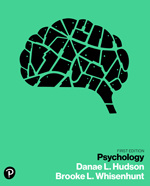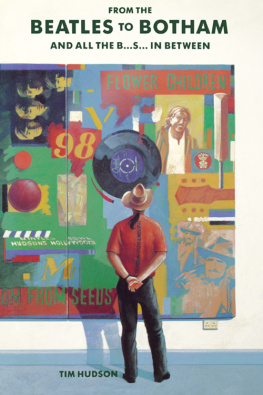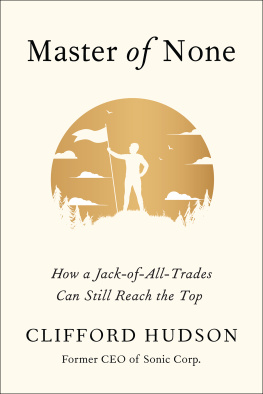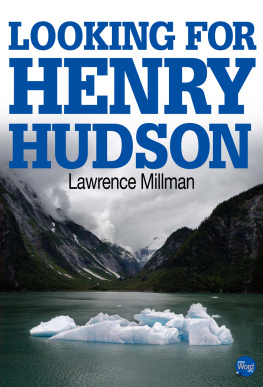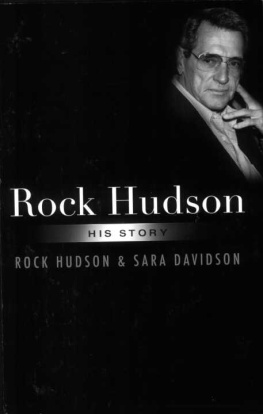Danae Hudson - Psychology
Here you can read online Danae Hudson - Psychology full text of the book (entire story) in english for free. Download pdf and epub, get meaning, cover and reviews about this ebook. year: 2018, publisher: Pearson, genre: Religion. Description of the work, (preface) as well as reviews are available. Best literature library LitArk.com created for fans of good reading and offers a wide selection of genres:
Romance novel
Science fiction
Adventure
Detective
Science
History
Home and family
Prose
Art
Politics
Computer
Non-fiction
Religion
Business
Children
Humor
Choose a favorite category and find really read worthwhile books. Enjoy immersion in the world of imagination, feel the emotions of the characters or learn something new for yourself, make an fascinating discovery.
- Book:Psychology
- Author:
- Publisher:Pearson
- Genre:
- Year:2018
- Rating:5 / 5
- Favourites:Add to favourites
- Your mark:
- 100
- 1
- 2
- 3
- 4
- 5
Psychology: summary, description and annotation
We offer to read an annotation, description, summary or preface (depends on what the author of the book "Psychology" wrote himself). If you haven't found the necessary information about the book — write in the comments, we will try to find it.
Psychology — read online for free the complete book (whole text) full work
Below is the text of the book, divided by pages. System saving the place of the last page read, allows you to conveniently read the book "Psychology" online for free, without having to search again every time where you left off. Put a bookmark, and you can go to the page where you finished reading at any time.
Font size:
Interval:
Bookmark:
Listen to the Audio
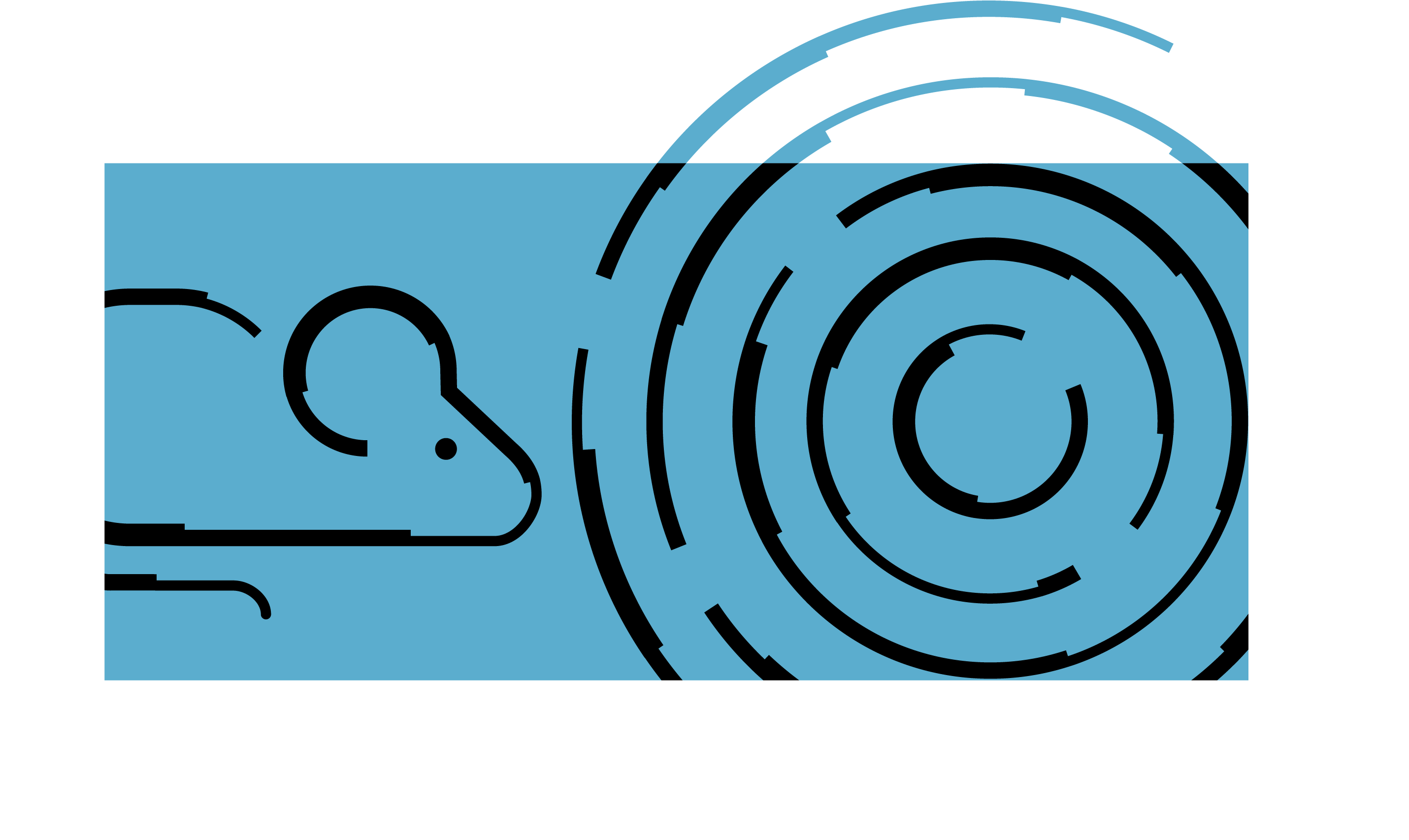
If psychology is the scientific study of behavior and mental processes, then it might be difficult to find a more relevant topic than learning. How do people learn to behave and think? Under what circumstances does learning occur? Can learning be automatic, or does it always require significant effort? Why does it seem relatively effortless to learn your native language, but trying to learn a second language can be an entirely new ballgame? These are just a few examples of the types of questions that psychologists have explored when it comes to the concept of learning.
has been defined as a relatively permanent change in behavior due to experience. If you think about that definition for a moment, youll notice two distinct components of learning: (1) learning leads to a relatively permanent change in behavior, and (2) learning is a result of experience.
Psychologists have discovered that learning actually involves biological changes in the brain. For example, early studies of the biological underpinning of learning indicate that repeated experiences lead to the increased synaptic strength between neurons (). The connections between neurons lead to the development of long-lasting neural pathways. These findings suggest that learning is considered generally permanent, even if memory may not be perfect. For example, what was one of your favorite songs when you were in high school? If you can remember one, can you sing the words? Many of us will have a hard time remembering something like that. But, what would happen if you heard that song start playing the next time you were out? Chances are, you could immediately start singing along and remember all of the words! In order to remember something, you must have learned it in the first place.
As this chapter explains, a variety of experiences lead to learning. For example, your experiences may lead you to associate two events in your mind (e.g., going to the movie and craving popcorn), or you may learn to avoid a situation because of a negative prior experience (e.g., avoiding walking in a neighborhood where you got mugged), or you might learn something new by the simple experience of observing someone else (e.g., watching a cooking show). All of these experiences can lead to learning through a variety of mechanisms, which will be explained throughout this chapter.
Of all the issues discussed in this course, learning and memory are perhaps the most relevant to your role as a student. After all, your primary job description is to learn new information through your coursework and remember that information so you can apply it not only for exams but in your future career and relationships. Therefore, as you read and interact with the materials in this chapter, be sure to think about how to apply the concepts to your own study habits. For example, you will discover that learning is often increased when behavior is followed by immediate consequences. When you encounter a question or task in the chapter, its important to receive immediate feedback (another word for consequences) on your response (or behavior). This feedback is designed to decrease any misconceptions and increase accurate understanding of the topic. To put this learning concept into further action, you could consider writing your own quiz questions after each topic has been covered. Make sure you immediately review the material so that both the question and the answer match the concepts presented in the material. This simple task will likely improve your learning overall, which will lead to many positive consequencesa great exam grade, improved metacognition (see Prologue: Learning to Learn), and skills that can be applied across a variety of settings.
Listen to the Audio
If you have different ringtones on your cell phone for different people in your life, youve probably experienced an emotional response as a result. When you hear your mothers ringtone, do you feel suddenly happy, or do you tense up in anticipation of a difficult conversation? How do you feel when you hear the ringtone associated with your significant otheror your boss on a day youre supposed to be off work? These examples are an excellent demonstration of , or learning that occurs by associating two events that are repeatedly paired so that you eventually respond to a neutral stimulus in the way you responded to the naturally occurring stimulus.

Cell phone ringtones can become classically conditioned to elicit an emotional response. Just by hearing your mother's ringtone, you might experience a number of different emotions depending on your relationship with your mother and/or whether or not you want to talk to her at that particularly point in time.
LO 5.1 Identify the components of classical conditioning.
Listen to the Audio
Like many important findings, the first discovery of classical conditioning was somewhat of an accident. Russian physiologist Ivan Pavlov (18491936) was interested in studying the physiology of digestion. He used dogs as his research subjects and collected and measured the saliva produced by dogs during food consumption. As a part of his experiment, the dogs were provided food, which would trigger a reflexive salivation response. This is true of all animals, including humansif you put food in your mouth, youll naturally respond by increasing your saliva production. One of the problems Pavlov and his team encountered was that the dogs started to salivate at times before the food was provided. This discovery changed the focus of Pavlovs research for the rest of his career. Pavlov noticed that the dogs would begin to salivate in response to people (e.g., the lab assistant who typically fed the dogs) or sounds that signified the dogs were about to be fed. Similarly, if youve ever fed an animal canned food, youll notice that the animal soon learns to come running at the sound of the can opener. Pavlov labeled the dogs salivation in response to a stimulus that suggested food was coming a psychic secretion and began to earnestly study the nuances of reflexive learning.
In trying to understand classical conditioning, lets first start with the idea that stimuli elicit a natural or reflexive response. These stimuli are labeled the . Some examples of unconditioned stimuli and unconditioned responses include:
UCS = puff of air UCR = blinking
UCS = smell or taste of food UCR = salivation
UCS = a loud unexpected noise UCR = increased heart rate
Pavlov decided to test whether or not he could condition his dogs to salivate to a previously for a step-by-step walkthrough of this experiment. The CS is the previously neutral stimulus that comes to predict the UCS so that it produces the response previously elicited by the US. If you consider the examples of unconditioned stimuli and unconditioned responses above, you can imagine pairing a neutral stimulus such as a flashing light with the puff of air that causes blinking. If you flash a light (NS) and then produce a puff of air (US) that causes blinking (UR) repeatedly, eventually the flashing light (CS) itself will lead to blinking (CR).
Pavlovs Study
After Pavlovs studies demonstrated that classical conditioning of physiological responses (e.g., salivation) was possible, later psychologists sought to discover whether or not other types of responses (e.g., emotional responses) could also be classically conditioned.
Font size:
Interval:
Bookmark:
Similar books «Psychology»
Look at similar books to Psychology. We have selected literature similar in name and meaning in the hope of providing readers with more options to find new, interesting, not yet read works.
Discussion, reviews of the book Psychology and just readers' own opinions. Leave your comments, write what you think about the work, its meaning or the main characters. Specify what exactly you liked and what you didn't like, and why you think so.

